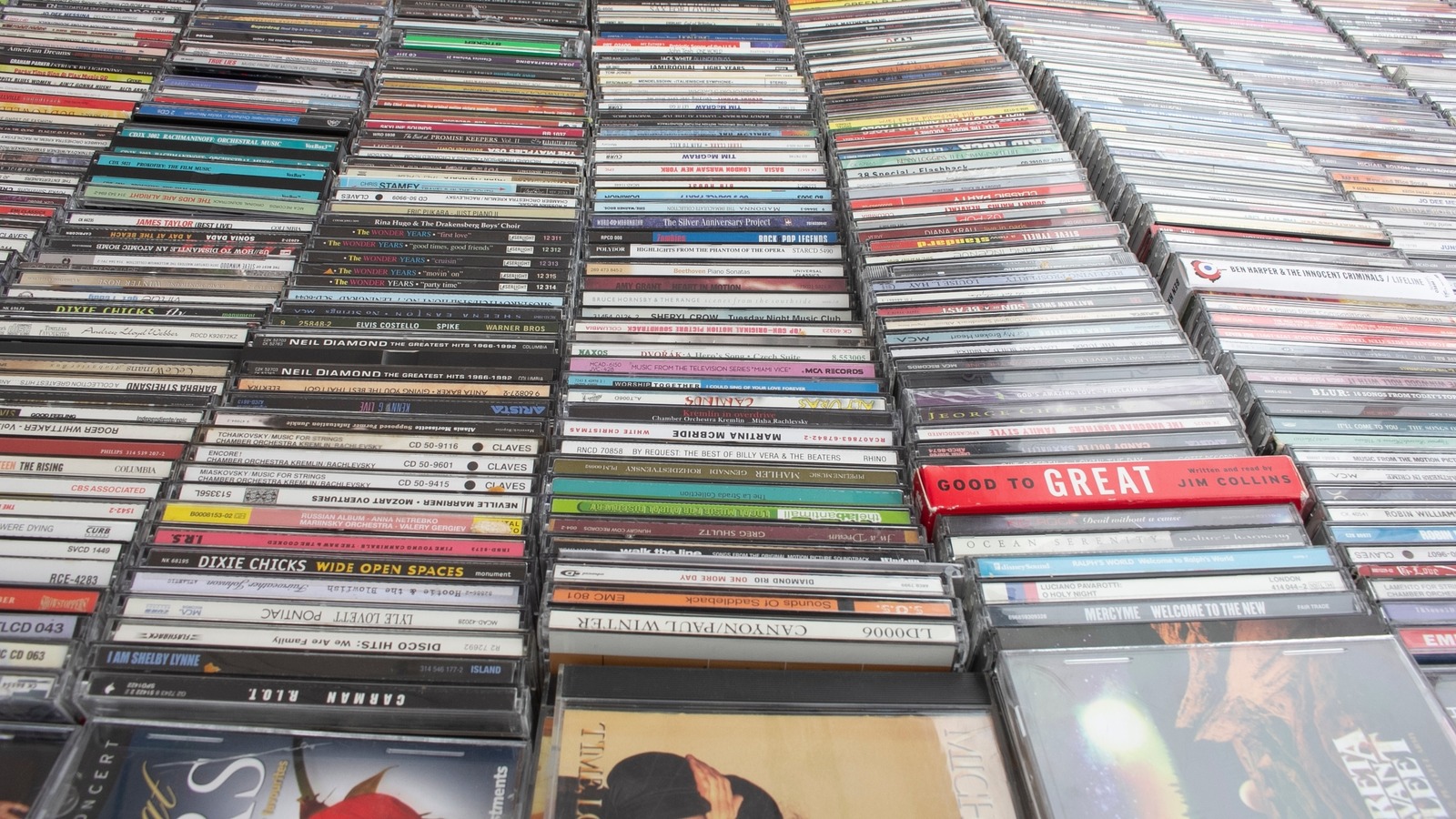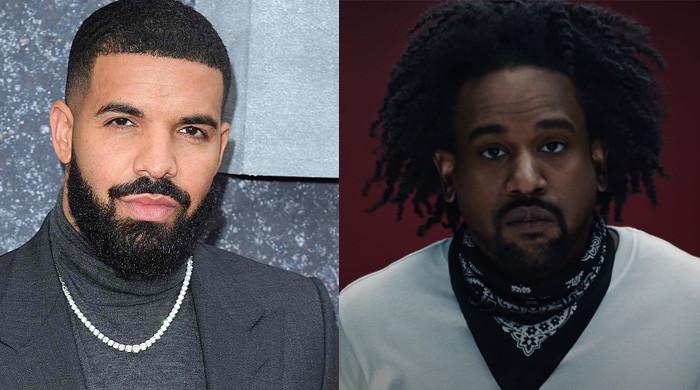If you were born around 30 or more years ago and grew up in the era of physical media, you're used to being able ability to buy, own, and sell books, movies, music albums, and video games freely as long as you have a physical copy. In the realm of digital distribution, ownership is more precarious, because you're inevitably agreeing to End-User License Agreements saying that you've only purchased a license to the title in question, not a resellable item. However, if you can buy a title in a store and hold it in your hand, then you can do whatever you want with that individual copy.
Nowadays, vinyl records are having a renaissance as CDs slip into obscurity. In the early 1990s, the opposite was true, however. Vinyl records were seen as a dead medium replaced by the theoretically superior and more durable audio CDs, which were priced at a premium despite their low manufacturing cost.
There was an unexpected byproduct of this signature durability, though: It made the secondhand market incredibly lucrative. Between this and record companies forcing retailers' hands by ending acceptance of opened CDs as returns, the used CD market exploded. Despite this being fully legal, the record labels — and musician Garth Brooks in particular — became vocal opponents of the practice, fueling a brief war over used CDs.
Read on to learn exactly how it turned out. To explain why CDs were seen as far superior to vinyl when they took over recorded music sales, you need to understand that poor-.


















